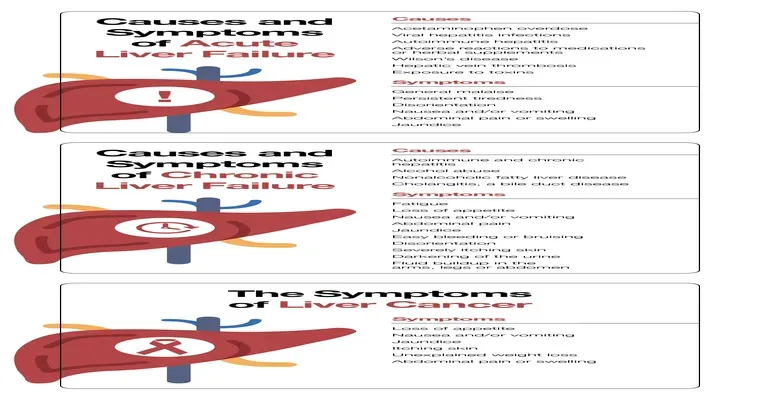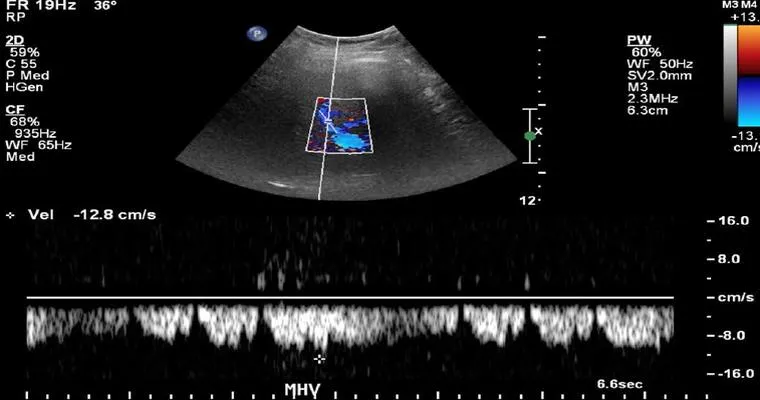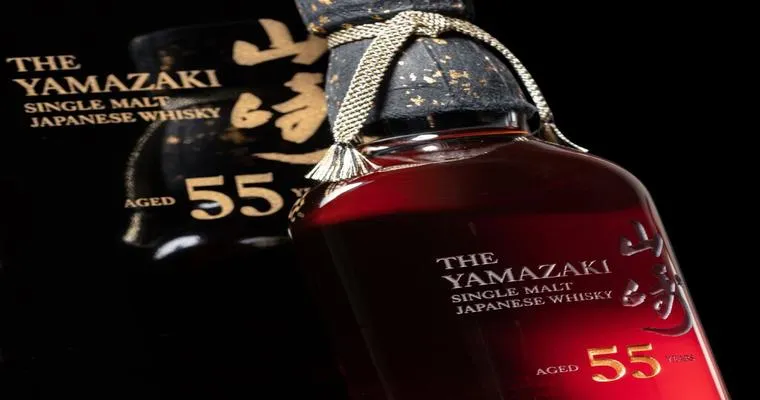End stage liver disease is a critical condition that significantly impacts the quality of life and can lead to profound changes in a patient's health. Understanding how long the "final days of end stage liver disease" may last can be challenging, as it varies widely among patients. Factors such as the underlying cause of liver disease, overall health, and access to medical care all play a crucial role in determining the timeline.
Patients in the final stages of liver disease often experience a range of "symptoms" including jaundice, confusion, and fluid retention. As the liver's function deteriorates, the body struggles to manage toxins, leading to a decline in health. On average, the final days can range from a few days to several weeks, but this period is highly individual.
Typically, healthcare providers assess the progression of liver disease using various clinical indicators, such as the "Child-Pugh score", which evaluates liver function based on laboratory tests and clinical observations. Those with a higher score often face a shorter timeline. Additionally, "acute liver failure" can lead to rapid deterioration, unexpectedly shortening the final days.
The emotional and physical aspects of end stage liver disease can be overwhelming for both patients and their families. Palliative care becomes essential during this time, focusing on providing comfort and managing symptoms. Family members should be prepared for changes in behavior and physical appearance, as the body undergoes significant transformations in the final days.
It is important to have open discussions with healthcare providers about what to expect as the condition progresses. Understanding the potential timeline and actively engaging in "end-of-life care planning" can help families make informed decisions and ensure that the patient’s wishes are honored.
Ultimately, while the duration of the final days of end stage liver disease varies greatly, the emphasis should be on quality of life, symptom management, and providing support for both the patient and their loved ones. By staying informed and connected with medical professionals, families can navigate this difficult journey with compassion and care.





